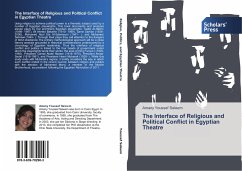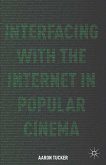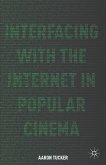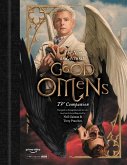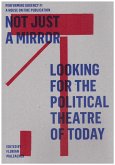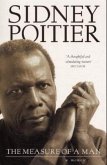Using religion to achieve political power is a thematic subject used by a number of Egyptian playwrights. This book documents and analyzes eleven plays by five prominent Egyptian playwrights: Tawfiq Al-Hakim (1898- 1987), Ali Ahmed Bakathir (1910- 1969), Samir Sarhan (1938- 2006), Mohamed Abul Ela Al-Salamouni (1941- ), and Mohamed Salmawi (1945- ). Through their plays they call attention to the dangers of blind obedience.The primary methodological approach will be a close literary analysis grounded in historical considerations underscored by a chronology of Egyptian leadership. Thus the interface of religious conflict and politics is linked to the four heads of government under which the playwrights wrote their works: the eras of King Farouk I (1920-1965), President Gamal Abdel Nasser (1918-1970), President Anwar Sadat (1918-1981), and President Hosni Mubarak (1928- ). While this study ends with Mubarak s regime, it briefly considers the way in which such conflict ended in the recent reunion between religion and politics with the election of Mohamed Morsi, a member of the Muslim Brotherhood, as president following the Egyptian Revolution of 2011.
Bitte wählen Sie Ihr Anliegen aus.
Rechnungen
Retourenschein anfordern
Bestellstatus
Storno

